
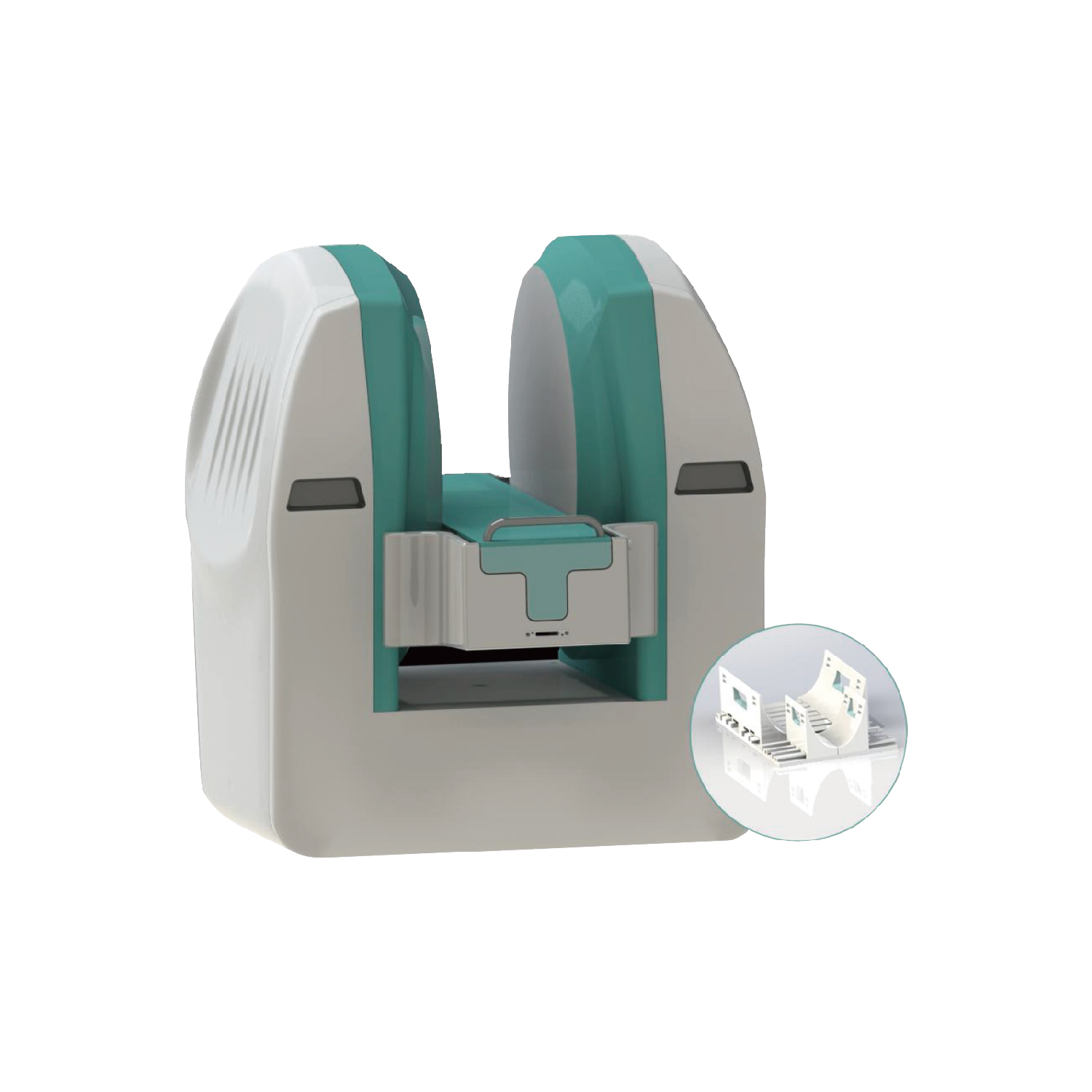


Magnetic Resonance Imaging (MRI) is a noninvasive imaging technology that is known for its superior soft tissue contrast and ability to provide morphological, microstructural, functional, and metabolic information.
MRI does not involve X-rays and the use of ionizing radiation, which distinguishes it from CT or CAT scans.
MRI is the investigative tool of choice for neurological cancers, as it has better resolution than CT and offers better visualization of the posterior fossa. The contrast provided between grey and white matter makes MRI the best choice for many conditions of the central nervous system, including demyelinating diseases, dementia, cerebrovascular disease, infectious diseases, and epilepsy. MRI’s Cardiac applications include assessment of myocardial ischemia and viability, cardiomyopathies, myocarditis, iron overload, vascular diseases, and congenital heart disease.
MRI’s applications in the musculoskeletal system include spinal imaging, assessment of joint disease, and soft tissue tumors. Hepatobiliary MRI is used to detect and characterize lesions of the liver, pancreas, and bile ducts. MRI is also used to evaluate the arteries of the neck and brain, the thoracic and abdominal aorta, the renal arteries, and the legs.
Since MRI does not use any ionizing radiation, its use is generally favored in preference to CT when either modality could yield the same information. In certain cases, MRI is not preferred as it may be more expensive, time-consuming, and claustrophobia-exacerbating.
Our veterinary MRI system is your most cost-effective choice.
1. Powerful permanent magnet material N52, open magnet design to reduce the weight.Field strength:0.3T, 0.35T, 0.4T (customizable)
2. High performance self-shielding water-cooled gradient coils, eddy current suppression and active shielding technology make better imaging performance.
3. Well-designed RF shielding system makes installation easy and fast.
4. Customized RF coils for all kinds of animals, suitable for small animal like mouse to large dogs.
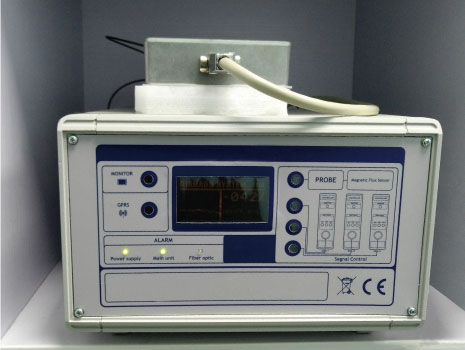
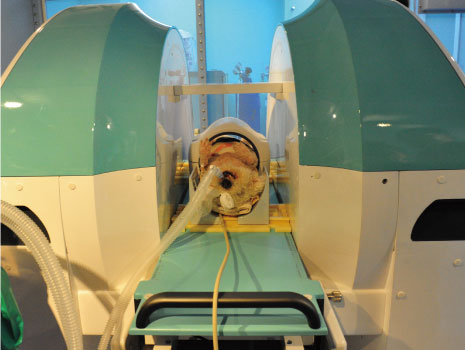
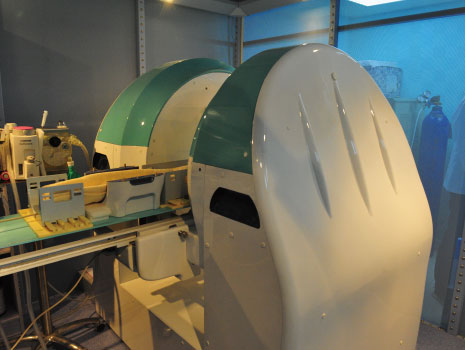
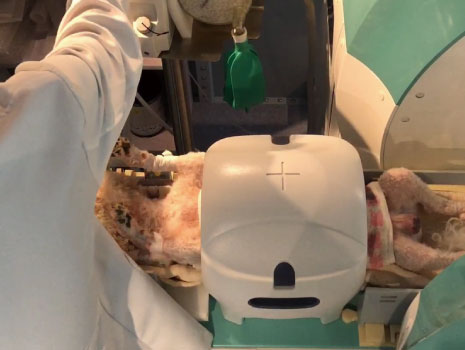
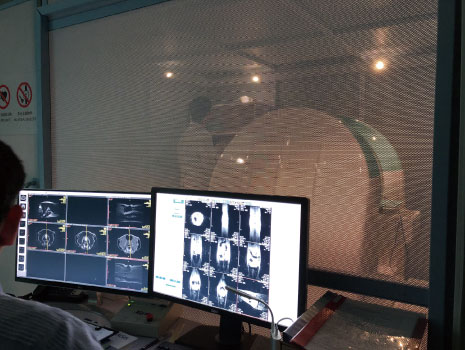
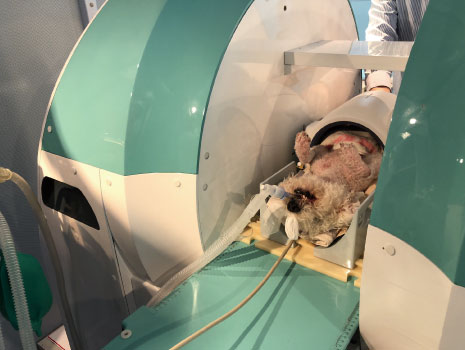
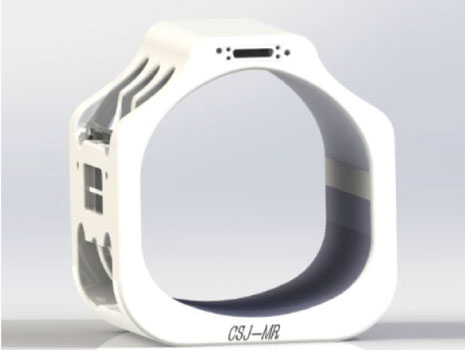
Large-size RF coil
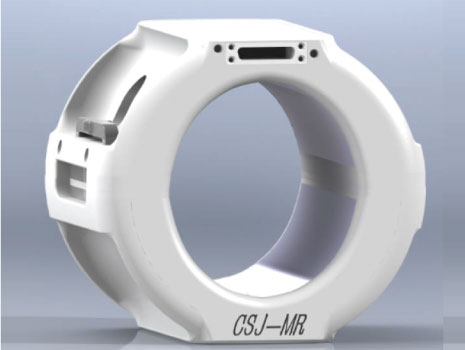
Middle-size RF coil
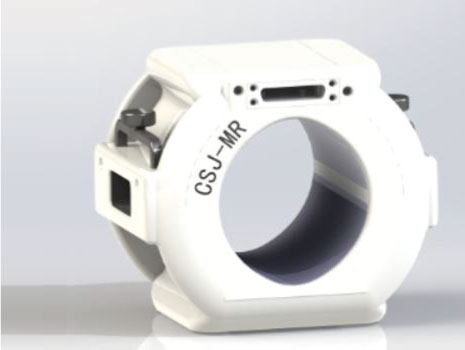
Small-size RF coil
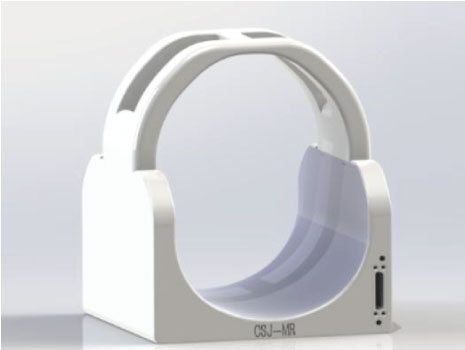
Large-size U-shaped coil
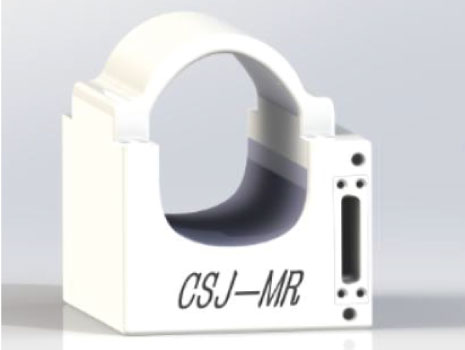
Small-size U-shaped coil
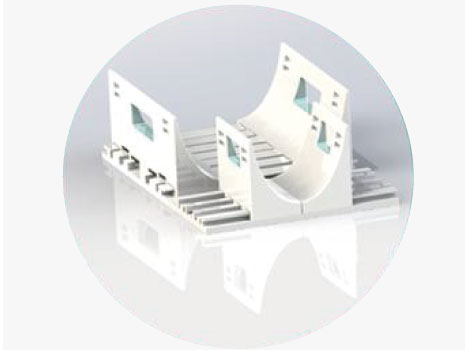
Pet restraint
5. Special designed magnetic resonance compatible pet anesthesia monitoring system, much safer.
6. Adjustable height of animal table, makes it possible to position different size of animal to the central of the MRI system.
7. Special designed pet placement tools, makes it easy to positioning the animals in seconds.
8. Easy using software. Abundant 2D and 3D imaging sequences and technologies
9. One phase AC required and low power consumption.
Technical parameters:
Magnet
Field strength:0.3T,0.35T,0.4T (customizable)
Homogeneity:<2PPM @20cm DSV
Gradient Type: High performance self-shielding water-cooled gradient coils
Gradient Amplitude:18-25mT/m
Slew rate:45-75mT/m/ms
Pulse sequences
Spin echo(SE)
Turbo spin echo(TSE)
Standard IR(IR)
Short inversion time IR(STIR)
Fluid Attenuation IR(FLAIR)
2D Gradient echo(GRE2D)
3D Gradient echo(GRE3D)
3D turbo spin echo(TSE3D)
Imaging capabilities
field of view:≤100mm
Acquire Matrix:64×64-1024×1024
Space resolution:≤1mm
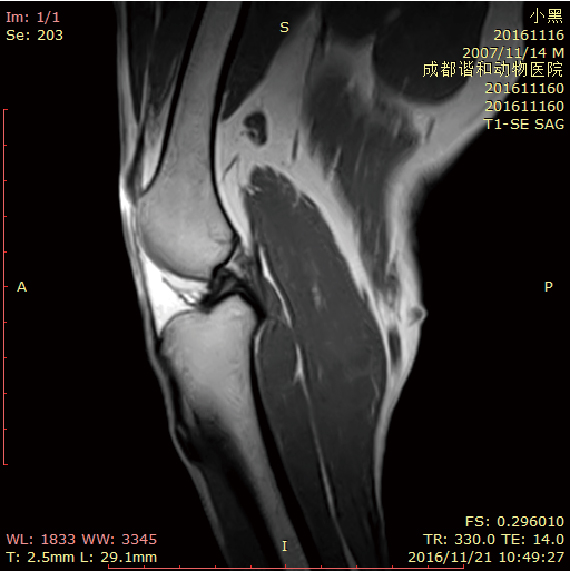
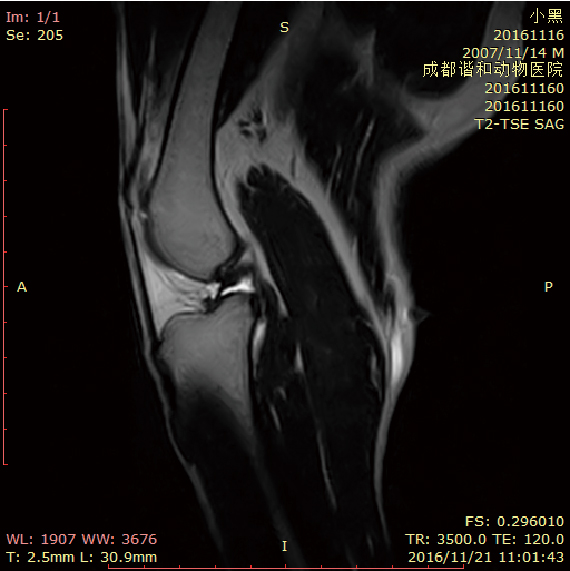
Canine Knee
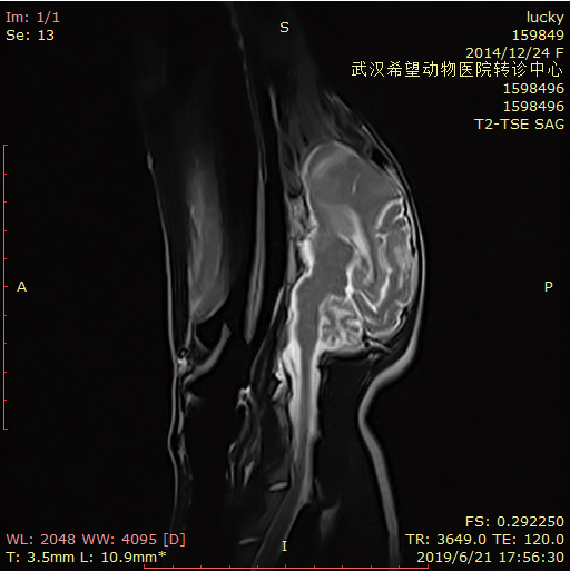
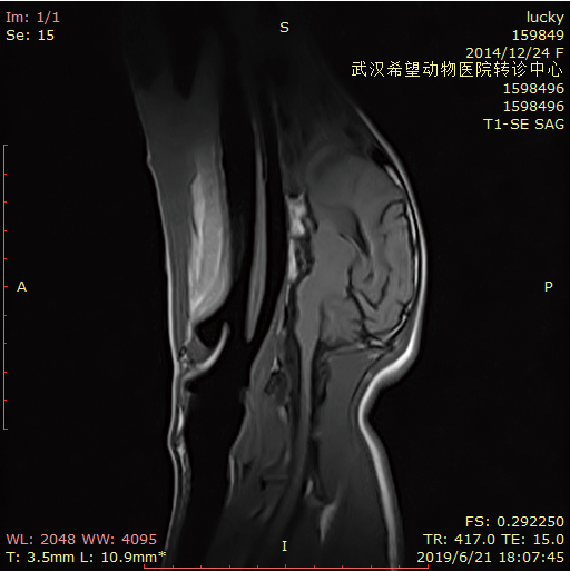
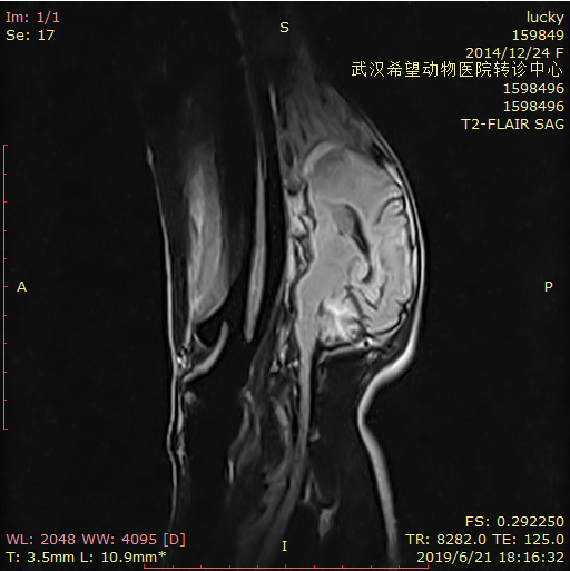
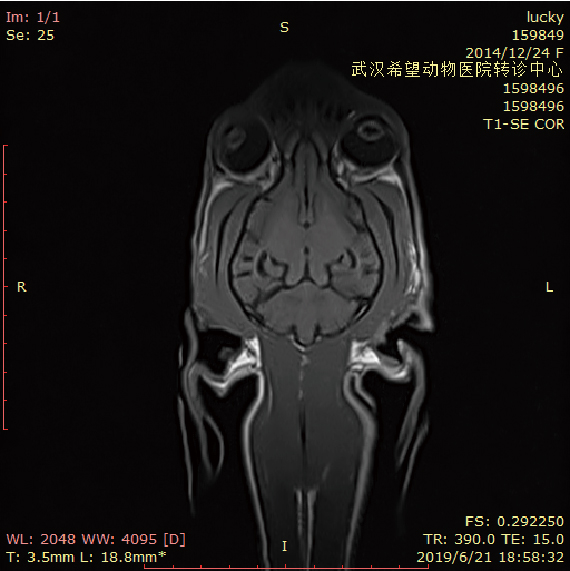
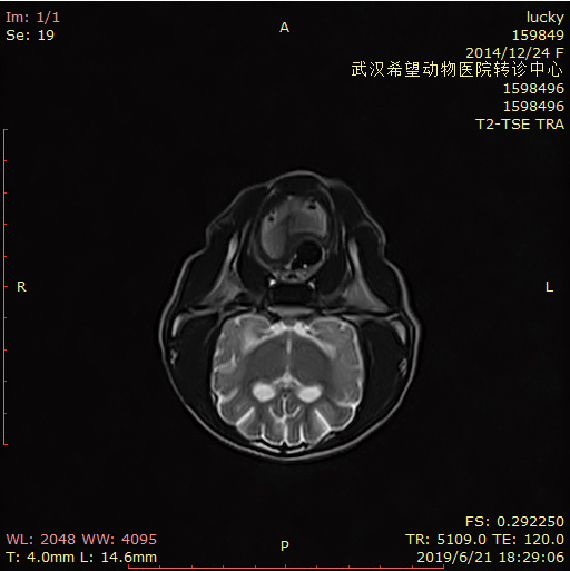
Canine Head
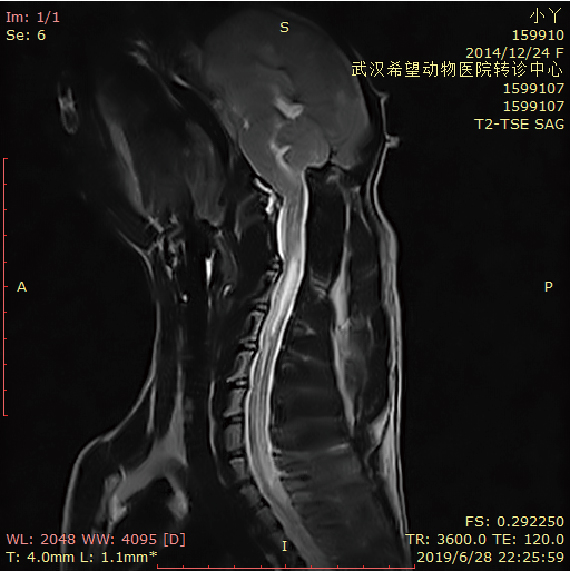
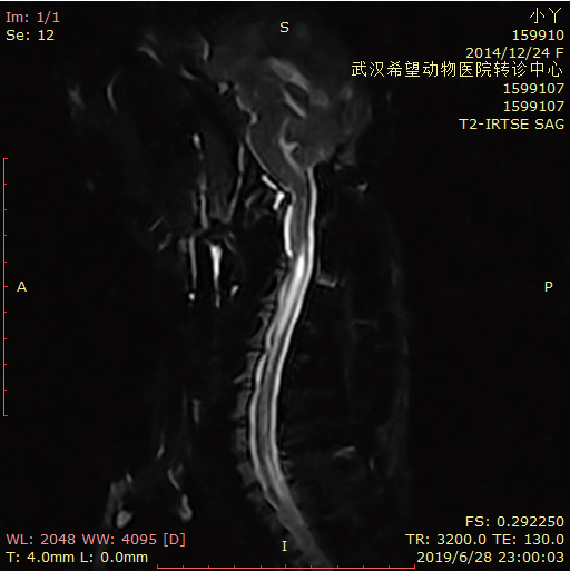
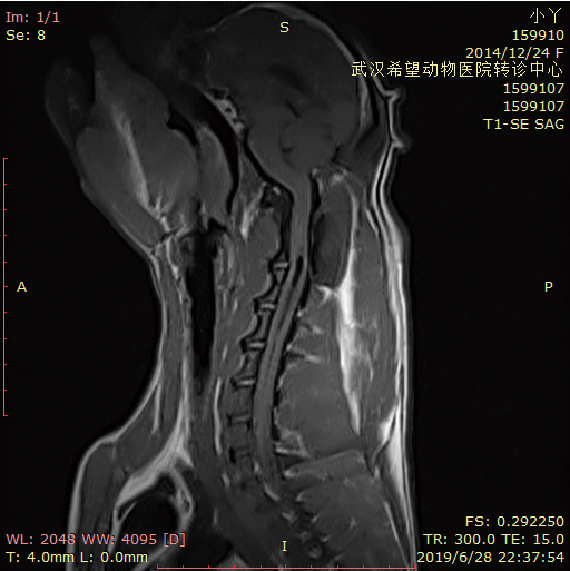
Canine Spine